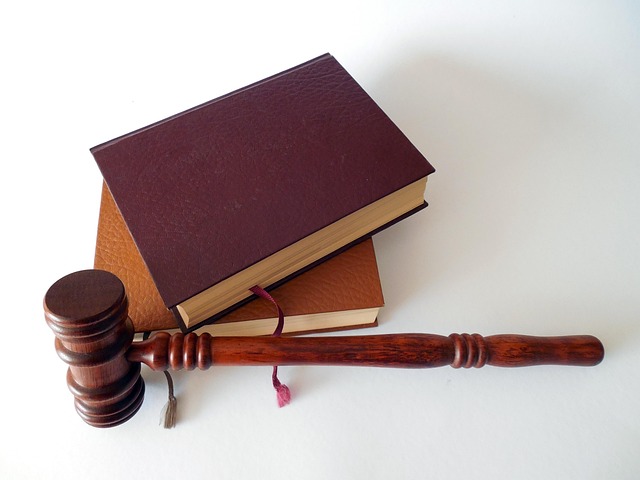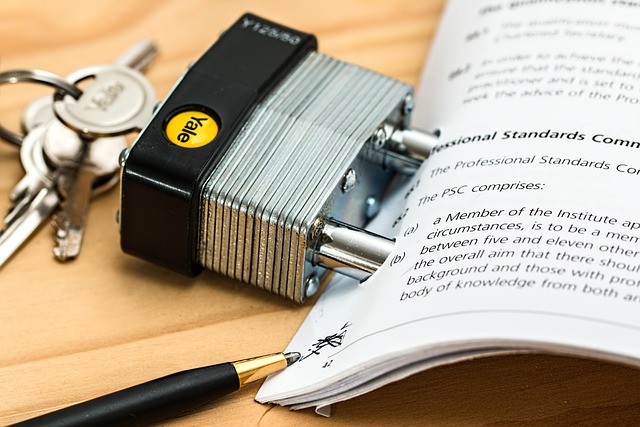After an injury, understanding legal rights is crucial for a successful personal injury claim. The initial steps involve evaluating injuries' severity and gathering evidence like medical records and witness statements. Engaging an experienced attorney significantly improves chances of securing maximum injury compensation, especially for complex cases. Self-advocacy is achievable by gathering documentation, educating oneself about local laws, and taking proactive steps to ensure full damages for serious injuries.
“Are you seeking maximum injury compensation after an accident but unsure if you need a lawyer? This guide is your compass. We explore your legal rights and options, demystifying the claims process step by step. Learn how to navigate insurance companies effectively and maximize your settlement without professional help. Discover valuable tips for self-advocacy, empowering you to secure the maximum injury compensation you deserve.”
- Understanding Your Legal Rights and Options After an Injury
- Navigating the Claims Process Without Legal Representation
- Maximizing Your Compensation: Tips for Self-Advocacy
Understanding Your Legal Rights and Options After an Injury

After sustaining an injury, understanding your legal rights and options is crucial for navigating a potential personal injury claim. The first step involves assessing the severity of your injuries and gathering evidence to support your case. This includes documenting medical treatments, collecting witness statements, and preserving any relevant physical evidence related to the incident.
Knowing your rights enables you to make informed decisions about pursuing a personal injury claim or resolving it through alternative means, such as settlement negotiations with insurance companies. While some individuals attempt to pursue maximum injury compensation without legal assistance, complex commercial disputes often require specialized knowledge. Engaging an experienced attorney can significantly enhance your chances of achieving a fair and adequate settlement for serious injuries sustained, ensuring you receive the maximum injury compensation to which you are entitled.
Navigating the Claims Process Without Legal Representation

Navigating the claims process after an injury can be daunting, especially if you’re considering pursuing maximum injury compensation without legal representation. While it’s possible to manage a personal injury claim on your own, understanding the intricate legal system and regulations can be challenging. The first step is to familiarize yourself with the process, including gathering evidence, documenting expenses, and filing any necessary paperwork within the prescribed time frames. Many people opt for this route when their injuries are minor or when they have a clear understanding of their rights under the law.
However, complex cases, such as severe car accidents or significant injuries resulting from negligence, often require the expertise of a personal injury lawyer. A homeowner insurance claims process can also be intricate, and without legal guidance, you may not receive the maximum compensation for medical bills, lost wages, and pain and suffering. Engaging a car accident attorney who specializes in personal injury is advisable to ensure your rights are protected. Their knowledge of the law, negotiation skills, and experience in court can significantly impact the outcome, potentially securing substantial maximum injury compensation.
Maximizing Your Compensation: Tips for Self-Advocacy

Navigating the process of seeking maximum injury compensation can seem daunting, but it’s possible to advocate for yourself effectively. While having a lawyer is often beneficial due to their expertise and experience, self-advocacy strategies can help ensure you receive the full extent of your rightful damages.
One crucial tip is to gather comprehensive documentation related to your injury. This includes medical records, bills, receipts, and any evidence pertaining to the incident. Organize these records meticulously as they will be pivotal in supporting your claim. Additionally, educate yourself about personal injury laws and compensation structures specific to your jurisdiction. Understanding your rights empowers you to make informed decisions and present a stronger case. Remember, in cases of caregiver negligence or accident-related injuries, proactive steps can significantly impact the outcome, even without legal representation.
While navigating personal injury claims without a lawyer is feasible, it requires meticulous understanding of your legal rights and options. Effectively maximizing your compensation demands thorough knowledge of the claims process and strategic self-advocacy skills. While this guide offers valuable insights, consider that legal complexities may arise, making professional assistance beneficial for ensuring you receive the maximum injury compensation you deserve.






